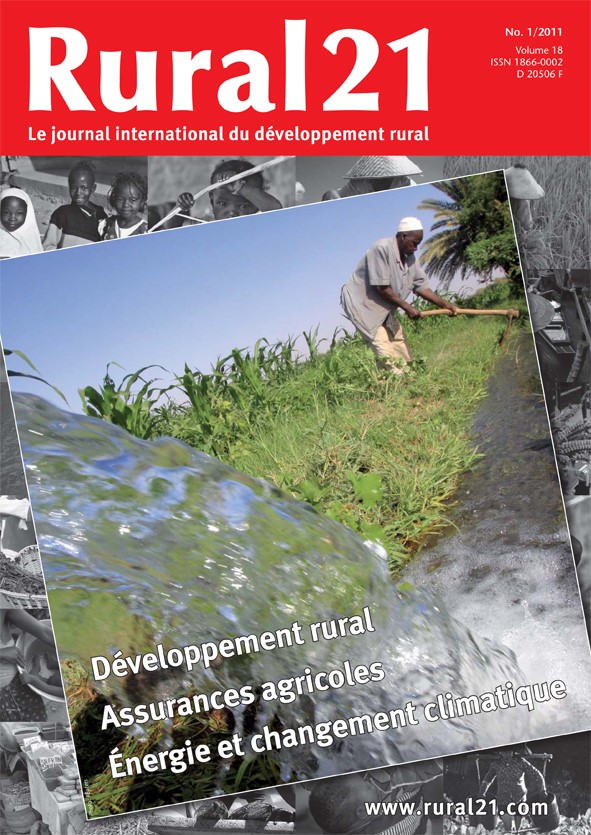La responsabilité des pays industrialisés
La crise financière initiale s'est développée pour devenir, en 2008, une crise économique mondiale. Cette crise non seulement exacerbe le problème aigu de la famine en réduisant toujours davantage le pouvoir d'achat des populations pauvres, mais encore menace de limiter pendant des années les possibilités de combattre la famine à long terme au moyen d'investissements et d'innovations.




